May 4, 2022
Impact of Trained Oncology Financial Advocates on Patient Out-of-Pocket Expenses

Financial Advocacy Programs assist hospitals, infusion centers, and cancer care clinics gain access to financial assistance for oncology patients to cover unaffordable out-of-pocket expenses to reduce the treating institution’s bad debt and improve patient satisfaction.
Patients with cancer often face financial hardships or financial toxicity, including loss of productivity, high out-of-pocket (OOP) expenses, depletion of savings, and bankruptcy. Providing financial guidance and assistance through specially trained financial advocates allows hospitals, infusion centers, and cancer care clinics to mitigate the financial burdens on patients and minimize financial losses for the treating institutions.
Financial Toxicity
After a cancer diagnosis, patients and their families face many stressors, including significant short-term and long-term financial consequences. Rising insurance premiums, deductibles, coinsurance, and co-payments are directly responsible for the rising OOP costs. The combination of direct and indirect costs related to patients’ and families’ decreased work hours, or loss of employment creates a perfect storm for financial toxicity.
Many studies have shown that patients with cancer who experience financial hardship have a higher risk of treatment nonadherence, inferior quality of life, and higher mortality than those who do not experience such hardship. Thus, further supporting the desperate need for financial advocates to help mitigate the financial burden of cancer treatment.
Types of Assistance provided by Financial Advocates
Manufacturer Copay assistance
Drug Manufactures offer Copay Card assistance programs. The program’s purpose is to help patients with commercial or private insurance cover their deductibles, copays, and coinsurance directly related to their prescription drugs’ cost. Cost savings from copay assistance is paid directly to the treating institution via check or credit card. As a result, copay assistance reduces the patient’s balance and allows them to focus on adhering to their treatment plan rather than focusing on the financial burden associated with cancer treatment. In addition, the treating institution’s revenue increases by collecting the OOP expenses typically written off as bad debt.
Copay Assistance through Private Foundations
Foundations offer financial assistance to those suffering from chronic or life-altering diseases when insurance coverage is insufficient. Foundations help fill the gaps by assisting patients with their out-of-pocket expenses. Medicare patients will not qualify for Manufacturer Copay Assistance Programs; however, they may be eligible for coverage through a foundation. OOP expenses generally covered through foundation assistance include oral and infusion drug costs, radiation, and blood transfusions. Copay assistance through the foundation is paid directly to the treating institution and increases revenue that otherwise would have gone to bad debt.
Premium Assistance through Private Foundations
Some foundations will also cover the patient’s insurance premiums. Premium assistance allows us to help cover OOP expenses the patient has incurred that the foundation does not cover. Utilizing this benefit will ultimately reduce the patient’s balance and reduce the treating institution’s bad debt.
Urgent Need Assistance through Private Foundations
Another type of assistance provided by private foundations is urgent need and travel assistance funds. These funds open quickly and generally award smaller amounts of $250 or $500 for patients to use towards their mortgage, utility bills, transportation costs, and food. This benefit provides financial relief to patients facing hardship by covering some of their living expenses, so they do not have to choose between groceries that week or paying for their oral oncology medication.
Free medication – Patient Assistance Programs (PAPs)
This type of assistance helps those in need obtain their medications at no cost or very low cost. Many, but not all, pharmaceutical companies offer PAPs. Pharmaceutical companies provide free medication for oral oncology drugs delivered directly to patients or infusion oncology drugs supplied to hospitals on the patients’ behalf. Free medication is typically the last option chosen when sourcing financial assistance to patients. This option does not directly benefit the treating institution’s revenue. However, in both cases, the benefit to the hospital and the patient is minimizing bad debt collection due to unaffordable OOP expenses.
Communicating with Financial Advocates
Before beginning treatment, communication about treatment costs is key to addressing the patients’ and families’ financial issues. Treating institutions benefit greatly from collaboration with outside organizations, like Q Consulting Support Services (QCSS), with expertise in financial counseling and medical costs. Q Consulting financial advocates work alongside the treating institution’s clinical staff to increase the communication with the patient’s about their cost of treatment and how we can assist in reducing their OOP expenses.
Unfortunately, communication of treatment cost frequently falls on poorly trained staff who do not have the required education or credentials to offer true expertise in dealing with the complexities of insurance plans, treatment-related costs, and finding and sourcing financial assistance. Therefore, a high need exists to establish a relationship with advocates that can assist patients with the benefits of different types of oncology financial assistance options.
Impact of Hiring Financial Advocates
Q Consulting Support Services provides a team of highly trained advocates to identify, source, and manage the much-needed financial assistance available to oncology patients. We improve patient access to financial assistance through a systematic process for identifying patients in need and notifying them of the help available. We then obtain consent from patients, apply for financial assistance on their behalf and fully manage the entire process from claim submission to the treating institution receiving payment. QCSS utilizes proprietary software that allows us to manage the whole process seamlessly. In addition, patients are updated every step of the way and have complete access to our financial advocates to answer any questions during treatment.
By instituting a financial advocacy program through QCSS using trained financial advocates, hospitals, infusion centers, and cancer care clinics can save money that would typically have gone to bad debt. As a result, patients can gain access to care that would otherwise have been unaffordable, and overall patient satisfaction increases.
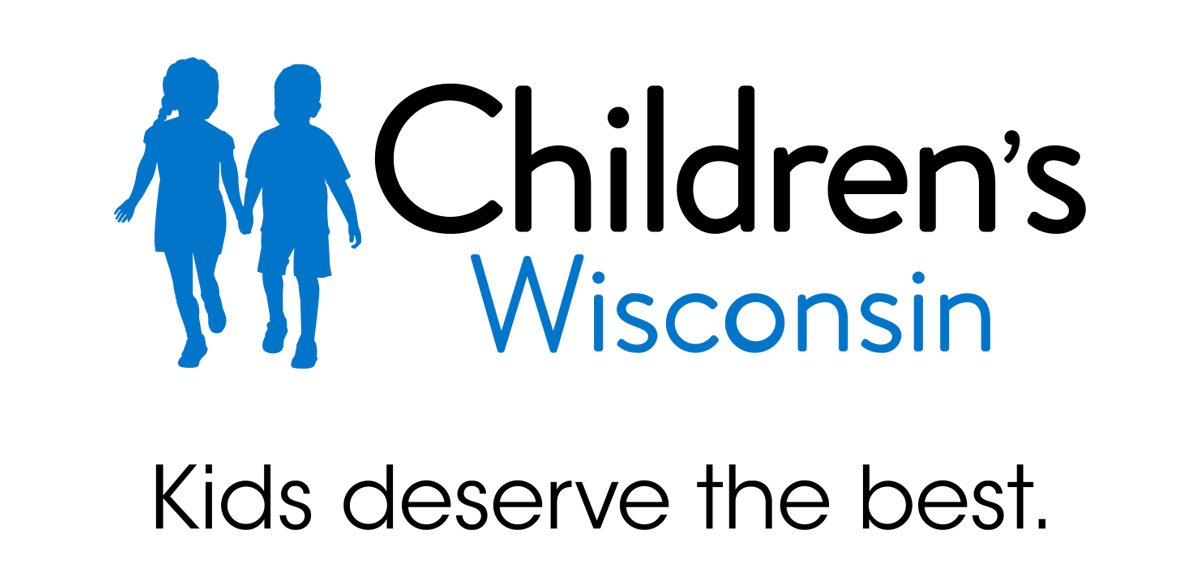


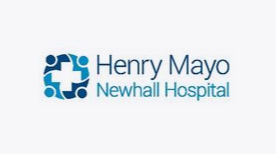
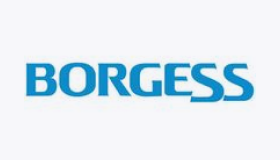
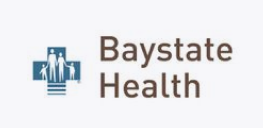
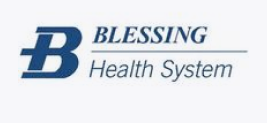
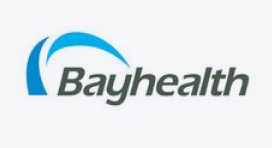
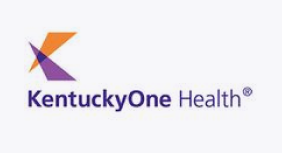
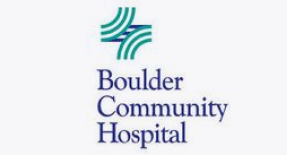


XDMIzJbvQVFEgqGN
EecVUNWpsC